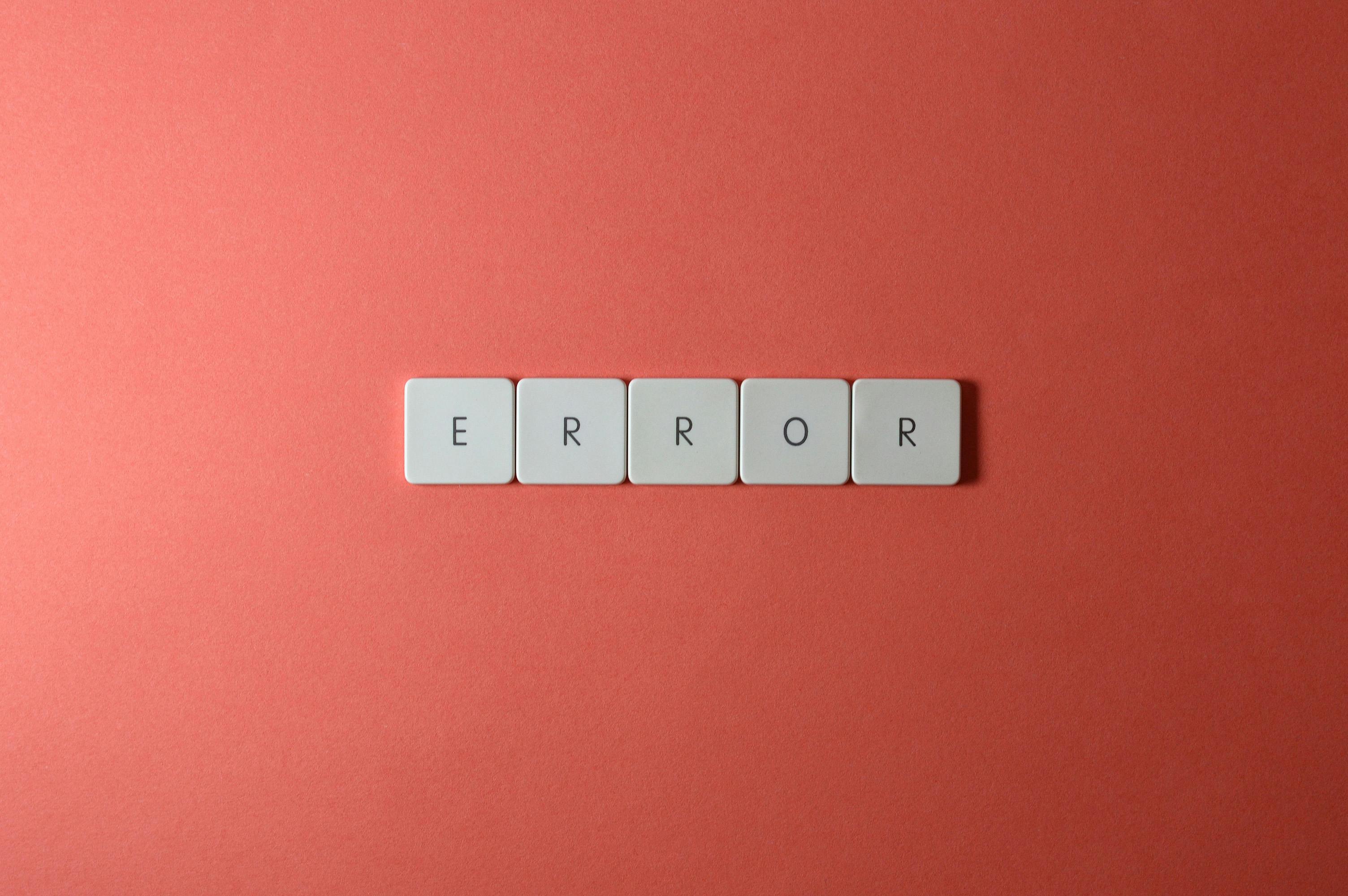
Understanding Poppy Seeds and Drug Testing
Poppy seeds have long been a staple in various cuisines around the world, particularly in baked goods like bagels and pastries. However, there has been growing concern regarding their potential impacts on drug tests. In recent years, individuals consuming poppy seeds have reported unexpected positive results on drug screenings, particularly for opiates. This situation raises questions about how many poppy seeds it may take to trigger such outcomes. In this article, we will explore the connection between poppy seed consumption and drug test results, shedding light on what you need to know to avoid false positive results in 2025 and beyond. The consumption of poppy seeds can lead to the identification of opiate metabolites in urine analysis, complicating the landscape of drug testing. With the rise of strict drug testing policies in workplaces, understanding the nuances of how eating poppy seeds can affect drug testing results is important. We'll also discuss the legality surrounding poppy seeds, dietary precautions, and appropriate consumption limits to help clarify these issues and provide practical advice.How Poppy Seeds Affect Drug Tests
With conflicting information available, many individuals wonder how poppy seeds can influence drug test results. The primary concern stems from the presence of opiate alkaloids in poppy seeds, which are derived from the opium poppy plant. This can result in false positive results for opiate use in certain drug screening methods, particularly those sensitive to opiate-class drugs.Understanding Opiate Metabolites
When poppy seeds are consumed, they can metabolize in the body and lead to detectable levels of opioid metabolites in urine. In a standard drug test, the threshold for opiate detection can greatly vary based on the specific testing methodology used. Certain drug tests will flag any amount of opiate metabolites, which is why it's crucial to know the details of each test. Most standard urine tests will flag an individual as positive if they exceed the detection threshold set by regulatory bodies.Factors Influencing Drug Test Sensitivity
The relationship between poppy seed consumption and drug testing outcomes can be influenced by various factors. These include the individual's metabolism, the amount consumed, the type of poppy seeds (e.g., unwashed versus washed), and the specific drug testing policies of the organization conducting the test. Each of these variables plays a crucial role in how quickly tek metabolites are processed and detected. Moreover, it's also vital to understand how the cooking process impacts these levels. For example, cooking with poppy seeds, such as in poppy seed bagels, may not eliminate the potential for false positives but may reduce the concentration of opiate alkaloids, thus lowering the risk.Poppy Seed Consumption Guidelines
To minimize the risk of testing positive for opiates, individuals should be aware of safe consumption limits when it comes to eating products containing poppy seeds. Research indicates that consuming more than a few poppy seed bagels or large quantities of poppy seeds can lead to significant opiate detection. Recommendations typically suggest that individuals limit their intake to avoid exceeding the threshold that could lead to a positive drug test. It is better to err on the side of caution and consult guidelines based on the specific drug test policies in your workplace or institution.False Positive Results and Their Implications
One of the most concerning outcomes of consuming poppy seeds is the potential for false positive results on drug tests. This issue has far-reaching implications, particularly in professional environments where drug testing is prevalent.The Mechanism Behind False Positives
False positives occur when the metabolites produced by poppy seed consumption are mistakenly identified as illicit drugs. The cross-reactivity of drug screening methods can lead to individuals being wrongly flagged, presenting challenges for employees in occupations where drug tests are routine. Studies have shown that even a small amount of poppy seeds—around 1-2 poppy seed bagels—can potentially lead to such outcomes. It's essential for individuals to be informed about these risks as they can compromise employment opportunities or lead to legal issues.Addressing False Positive Cases
When faced with a positive drug test resulting from poppy seed consumption, it's crucial to understand the steps to take. Communication with HR departments regarding the consumption of poppy seed products can help clarify misunderstandings. Additionally, certain testing protocols allow for confirmation tests that can distinguish between opiate use and dietary impacts. In cases where testing protocols do not accommodate such distinctions, individuals might want to consider abstaining from poppy seeds prior to any drug testing.Importance of Transparency in Drug Policies
Organizations should prioritize clear and comprehensive drug testing policies that account for the potential effects of food items like poppy seeds. This includes educating employees on how common dietary items can impact testing outcomes, thereby reducing anxiety around drug screenings. Furthermore, it is vital for workplaces to adapt to the evolving understanding of drug testing implications, ensuring fairness and safeguarding individuals whose careers could be impacted by their dietary choices.Preventive Measures and Recommendations
To navigate the complexities of drug tests influenced by poppy seeds, preventive measures and awareness are key. Below are actionable steps individuals can take.Educating Yourself on Drug Testing Policies
Awareness is the first step in preventing negative consequences from drug tests. Familiarize yourself with your workplace drug testing policies while understanding the nuances surrounding poppy seeds' impact on drug tests. Also, stay informed about legal regulations that may vary based on your location, which can influence the limits set forth for drug testing.Limit Poppy Seed Consumption
To avoid testing positive, consider limiting your intake of poppy seeds, especially before any scheduled drug testing. Reducing the quantity you consume can mitigate the possibility of opiate metabolite detection. For those who regularly consume poppy seeds, plan around potential drug tests by decreasing intake for a few days leading up to the test.Communicating in Case of Job Testing
If you anticipate a drug test, be proactive and communicate any potential issues with HR personnel. Being transparent about your consumption of poppy seed products can clarify circumstances that might otherwise lead to confusing test results. Providing documentation or guidance on the effects of poppy seeds on drug tests may facilitate a more understanding response from employers regarding your test results.The Role of Legislation and Future Directions
As the understanding of the dietary impacts on drug tests evolves, legislation surrounding this area may also continue to change.Current Regulations Surrounding Poppy Seeds
Currently, many regulatory bodies set established limits on the permissible levels of opiates in the body, offering guidance that could protect individuals consuming poppy seeds. Awareness of these regulations allows individuals to navigate potential complications more effectively. Strategies may be put in place to ensure drug testing centers incorporate a clear understanding of how food consumption affects drug test outcomes, reducing the stigma faced by individuals who inadvertently consume poppy seeds.Impact of Emerging Research
Ongoing studies investigating the connection between poppy seeds and drug testing continue to shed light on this issue. As research expands, it may prompt changes in testing methodologies or threshold standards, which could further reduce instances of false positive results. As more people become aware of the effects poppy seeds can have on urine analysis, advocacy for more comprehensive drug testing policies will likely increase.Conclusion: Navigating the Future of Drug Testing
The landscape surrounding poppy seeds and drug tests is rapidly evolving. With knowledge as your ally, you can better navigate the implications of consuming this common food item. Keeping abreast of changes in regulations and testing methods can help mitigate the risk of unforeseen employment challenges stemming from dietary habits. As awareness grows, individuals must remain proactive in understanding their diets while looking toward the future of drug testing policies that consider the impacts of what we eat on our health and livelihoods.
